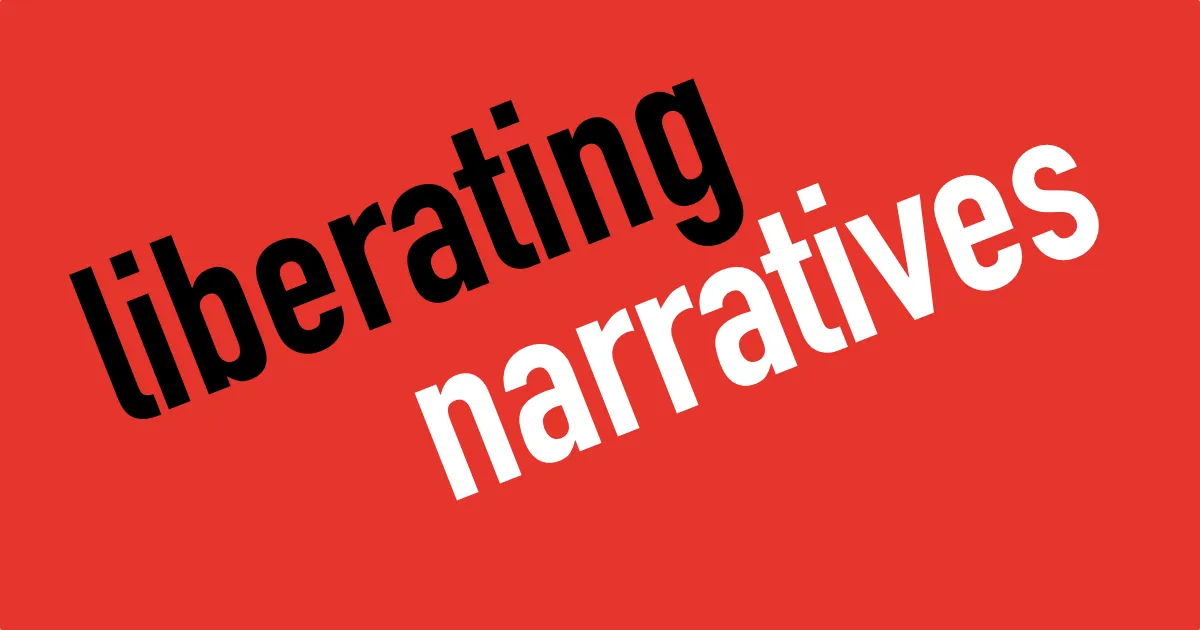
Liberating Narratives is a weekly subscription newsletter helping world history teachers decolonize their classes. Each post explores how to teach specific historical topics and includes primary and secondary source excerpts, historical images, and maps. Bram Hubbell is the author. He can be found on Bluesky and Mastodon. You can also send him an email.
You can easily browse through all posts on the Archive. At the bottom of the archive is a list of all tags used on the posts. You can also search topics using tags. By subscribing to the newsletter, you can access posts and join teaching workshops. Some posts are free to the public; other posts require a paid subscription.
Liberating Narratives annually takes a two-week winter break in late December/early January and a one-month break from 15 June to 15 July.
The Enlightenment Didn’t Cause the Haitian Revolution
Enslaved Africans in Saint-Domingue had many reasons to revolt... the Enlightenment wasn't one of them
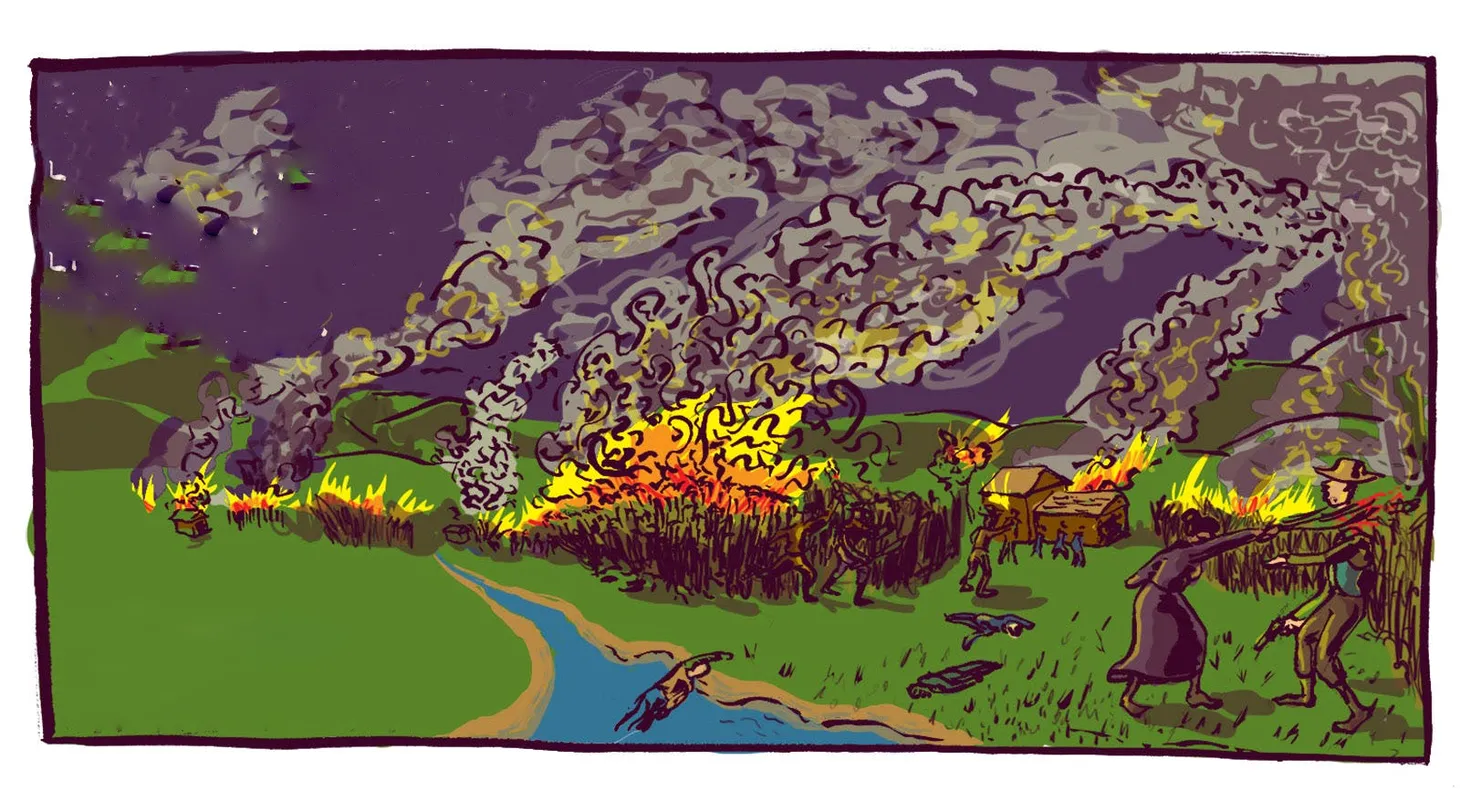
Voices of the Southern Front: Decolonizing our Teaching of the First World War
A discussion of how to teach the First World War using sources from India and the Middle East.

Beyond the Good War: Alternative Narratives for Teaching World War II
A discussion of how to teach World War II in world history courses by focusing on resources and extreme violence.

“White Devils All Over Asia”: Teaching New Imperialism, c.1850 - c.1940
A discussion of how to teach New Imperialism in world history courses and centering the voices of colonized people.

British Justifications for Colonizing Southeast Asia
Teaching how the British justified imperialism in Southeast Asia
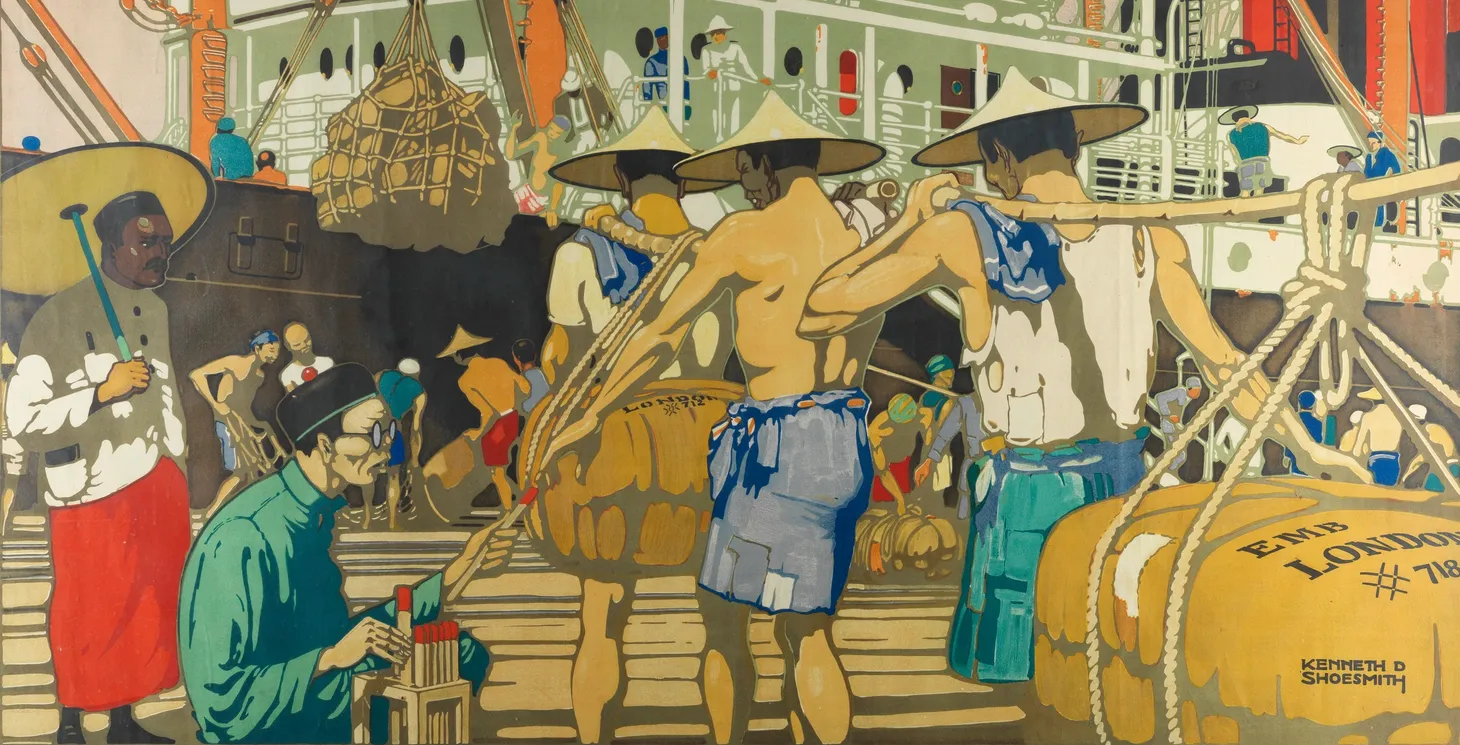
Visualizing the Causes of the First World War
Teaching the causes of the First World War with maps and illustrations
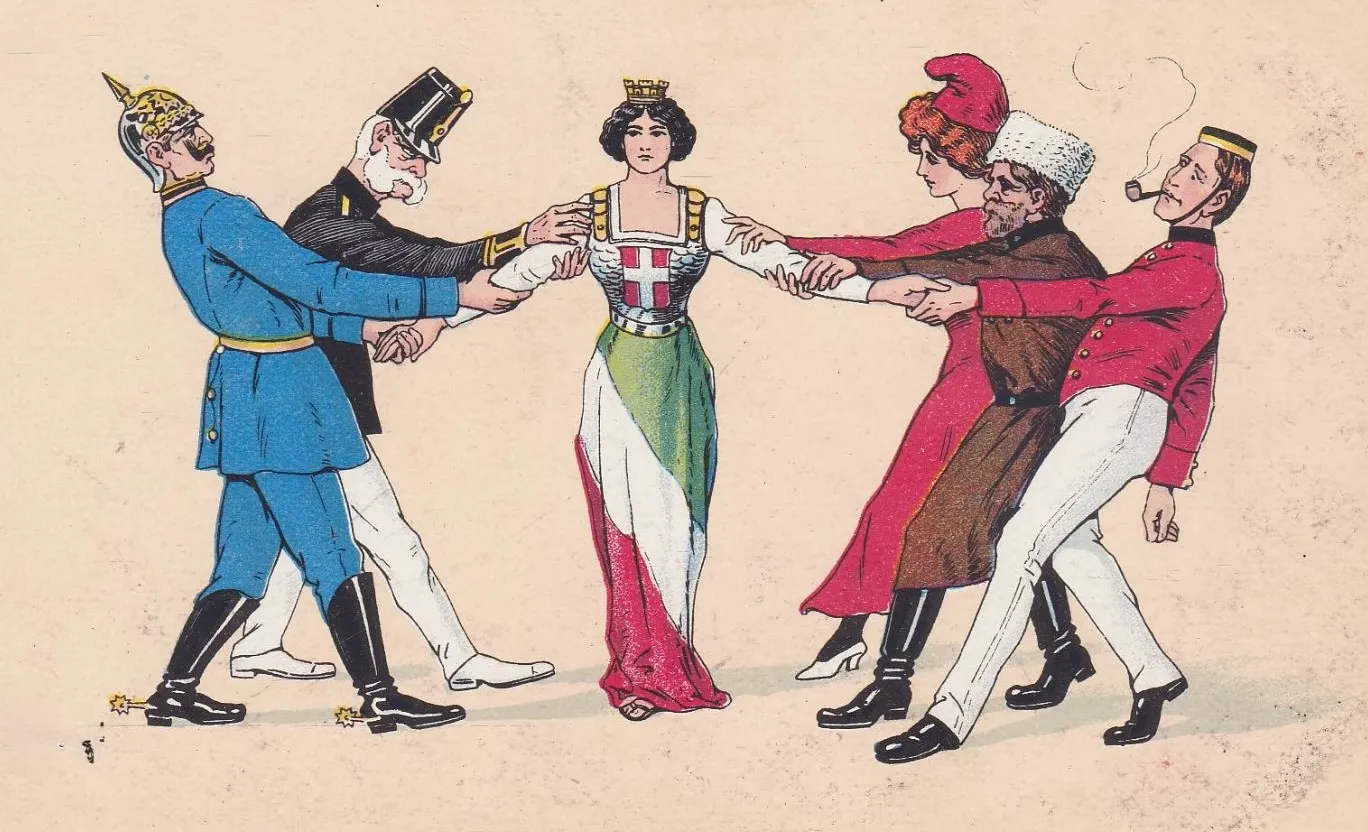
“You Will Have Liberty and Justice”: Teaching the Origins of the Mexican Revolution
Using Ricardo Flores Magón to Teach the Mexican Revolution
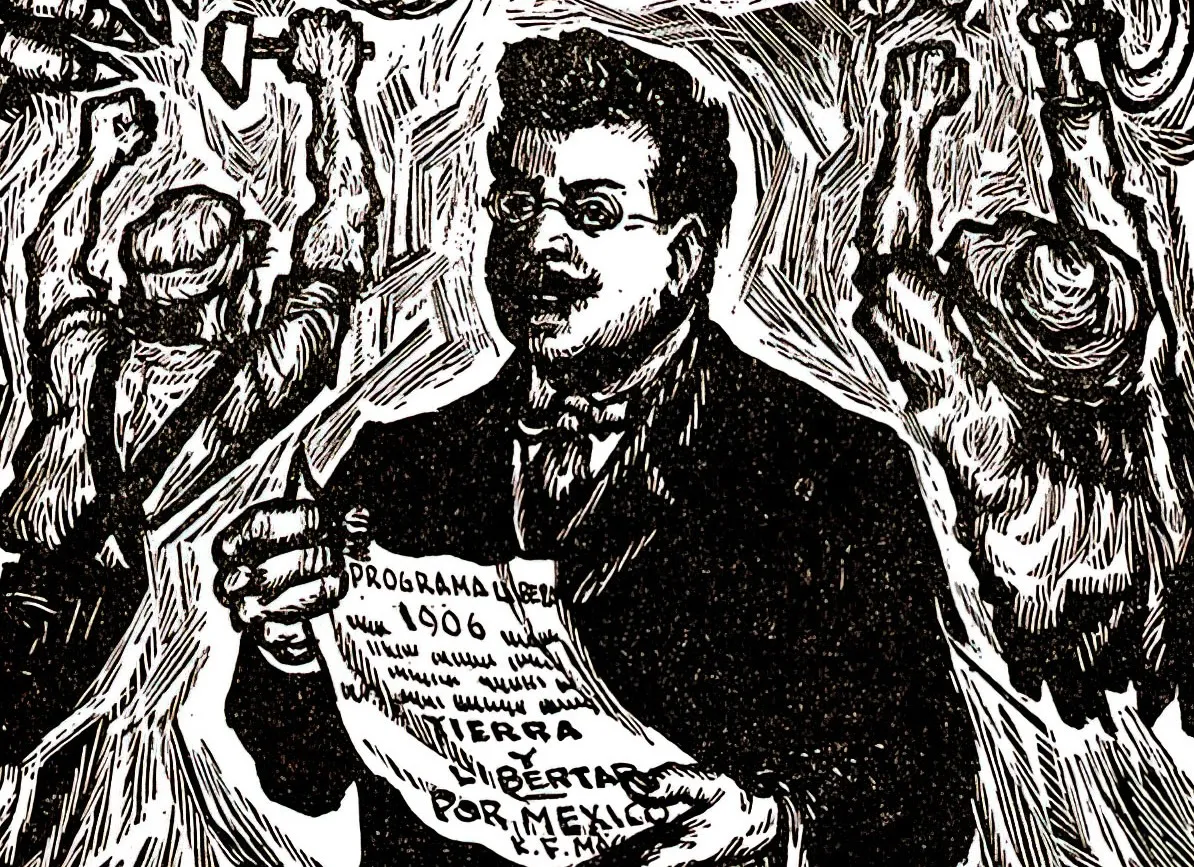
“Restore China to the Chinese”: Teaching the 1911 Chinese Xinhai Revolution
Teaching the 1911 Chinese Revolution
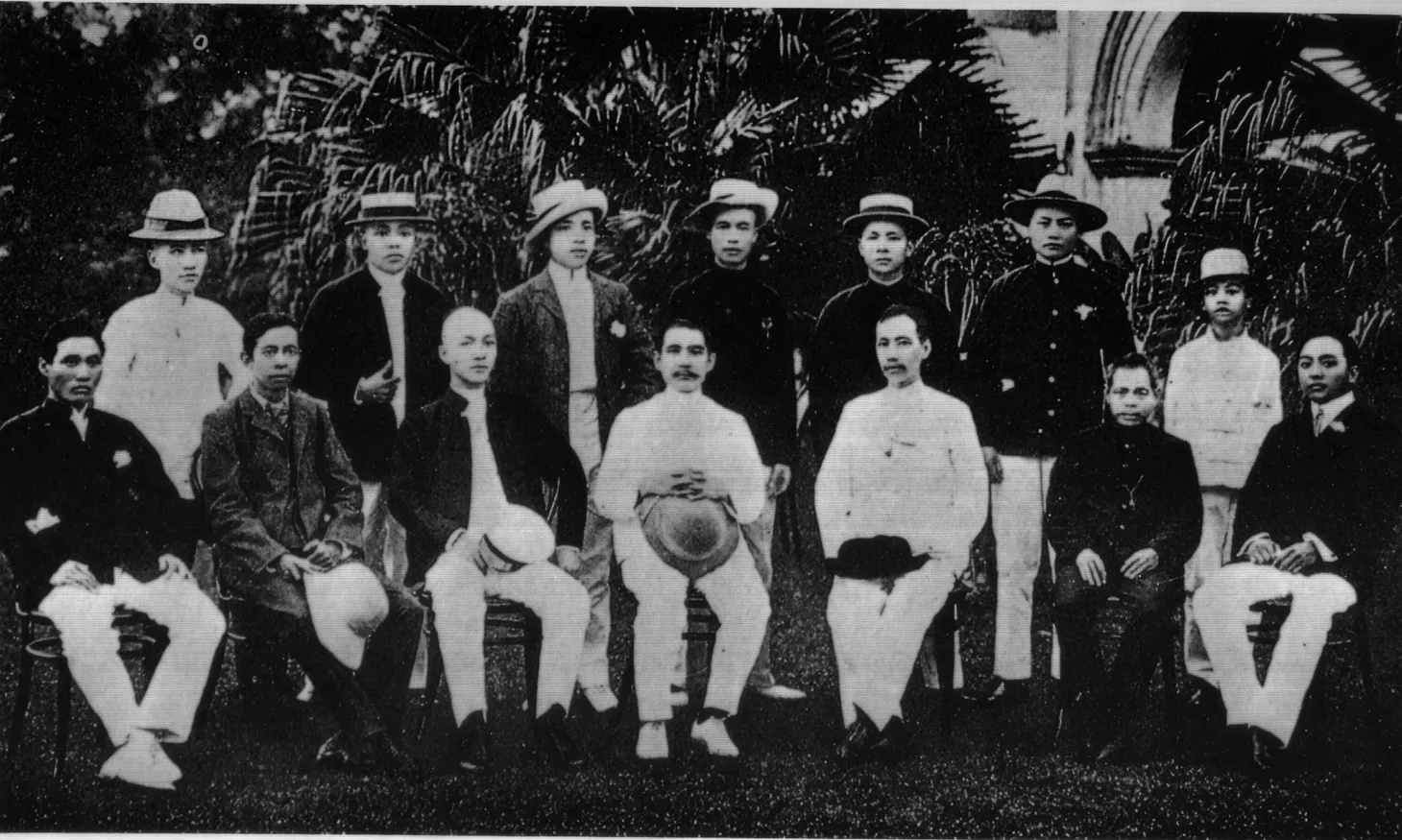
“These People Have the Cream of the Trade”: Gujaratis’ Continued Influence after the Arrival of Europeans
The Portuguese acknowledged the continued dominance of Gujarati traders
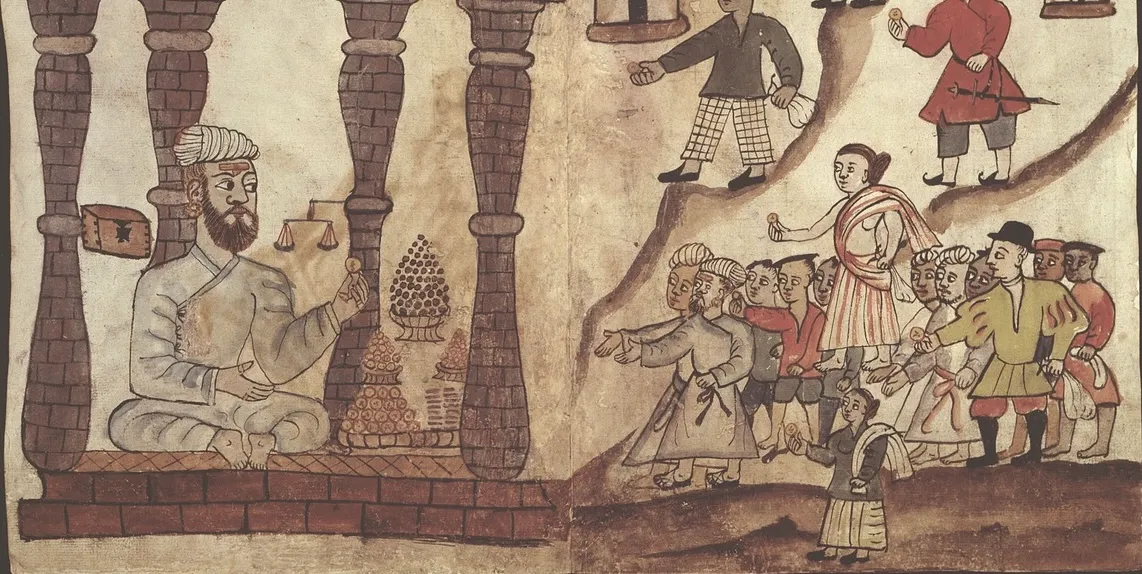
“A Very Pleasant Game”: Teaching the South Asian Cultural Mosaic with Snakes & Ladders
Teaching the diversity of South Asia through Snakes and Ladders
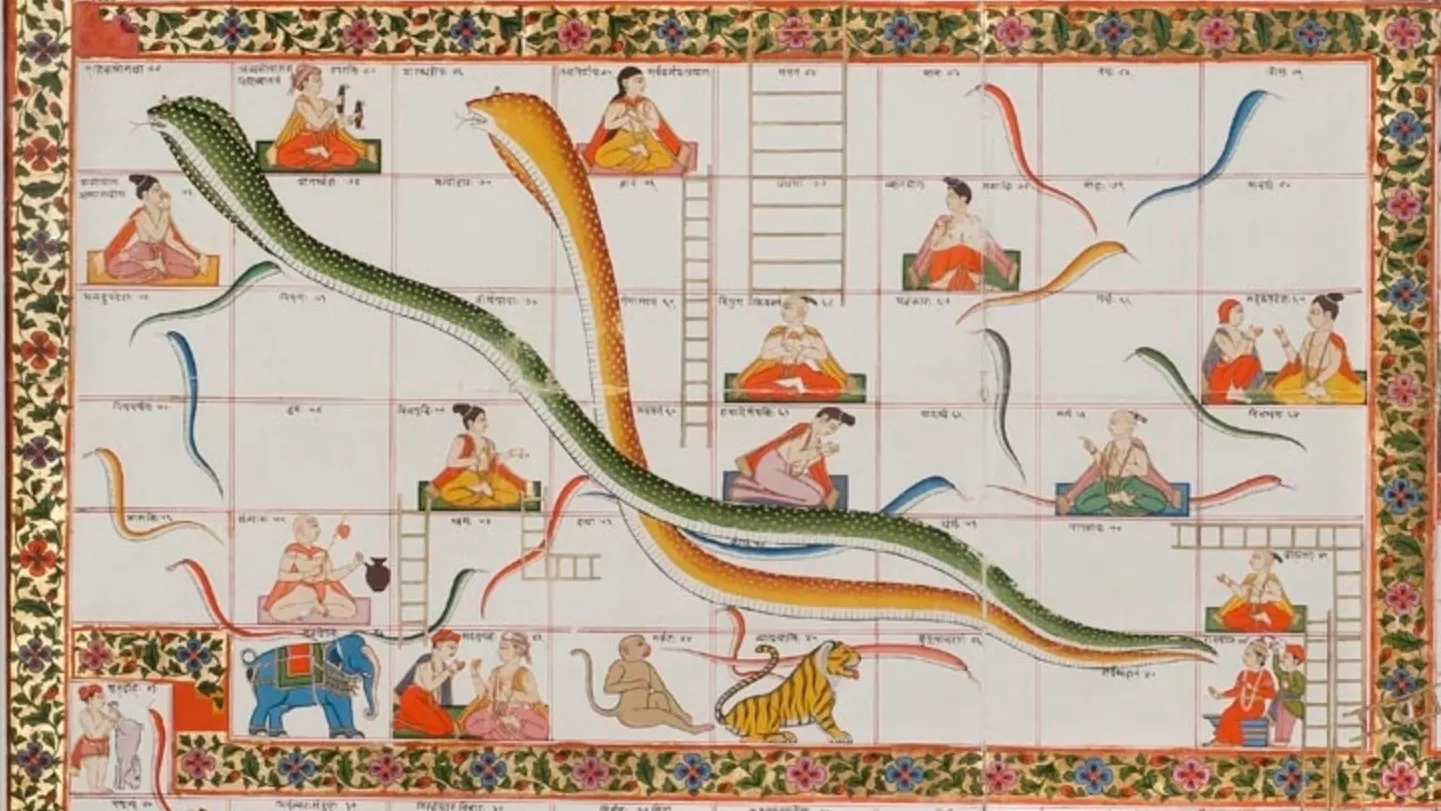
Liberating Narratives Newsletter
Join the newsletter to receive the latest updates in your inbox.
